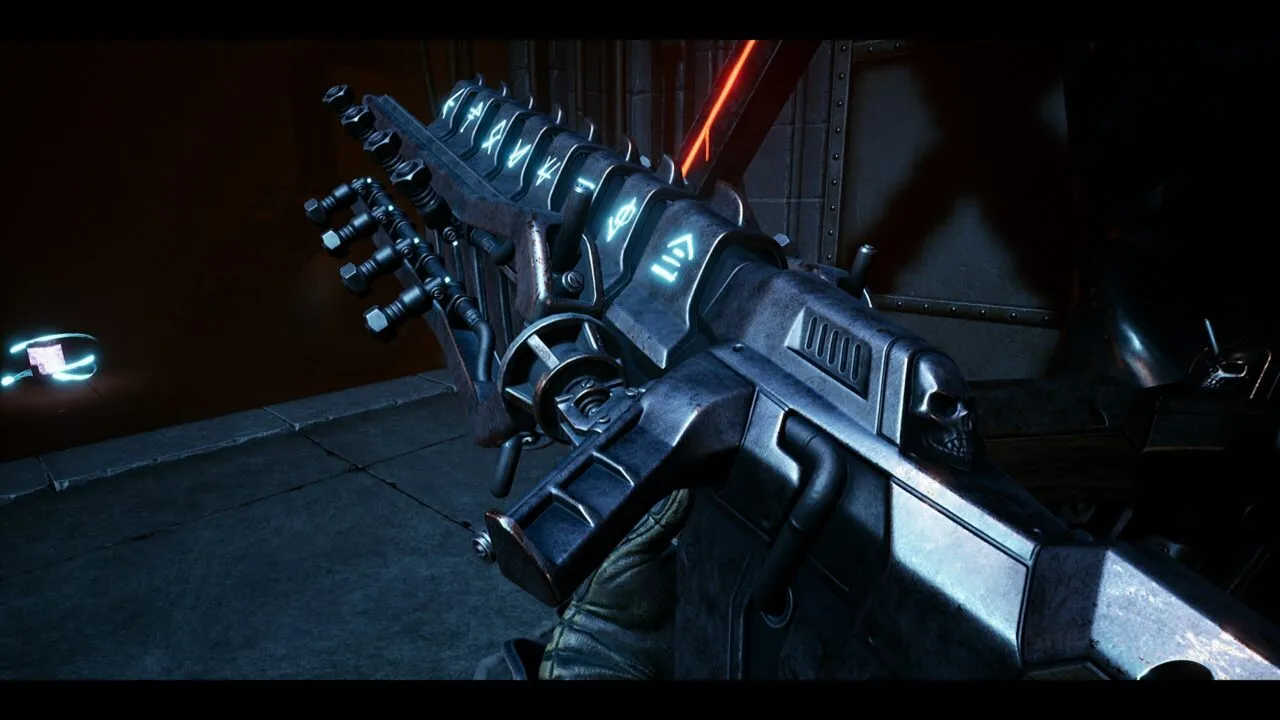
Scathe: A Polished Boomer Shooter That Misses the Mark
The resurgence of boomer shooters, sparked by the success of DOOM (2016), has seen both AAA studios and indie developers embrace the genre. While giants like Doom Eternal and Wolfenstein reimagine classic formulas, indie titles like Dusk and Ultrakill push the boundaries with innovative gameplay. Scathe entered the scene with high expectations, promising the polish of a big-budget title alongside the creative freedom of an indie game. Does it live up to the hype? This review delves into the strengths and weaknesses of Scathe, exploring whether it joins the ranks of indie shooter greats or fades into obscurity.
A Visually Striking Experience
From the outset, Scathe‘s visual presentation is undeniably impressive. While not as graphically demanding as Doom Eternal or the recent Serious Sam entries, it maintains a distinct visual style. Simple environments, featuring flat walls and metallic structures, are enhanced by dynamic lighting and atmospheric effects.
 alt text: A screenshot from Scathe showcasing the dynamic lighting and atmospheric effects.
alt text: A screenshot from Scathe showcasing the dynamic lighting and atmospheric effects.
This polished aesthetic extends to the enemy design. The minimalist approach allows for easy identification of different enemy types and their weak points, while still maintaining a visually appealing style. The satisfying disintegration of enemies, scattering mechanical debris, adds to the visceral combat experience. Each monster boasts distinct and recognizable sound design, further enhancing the overall immersion.
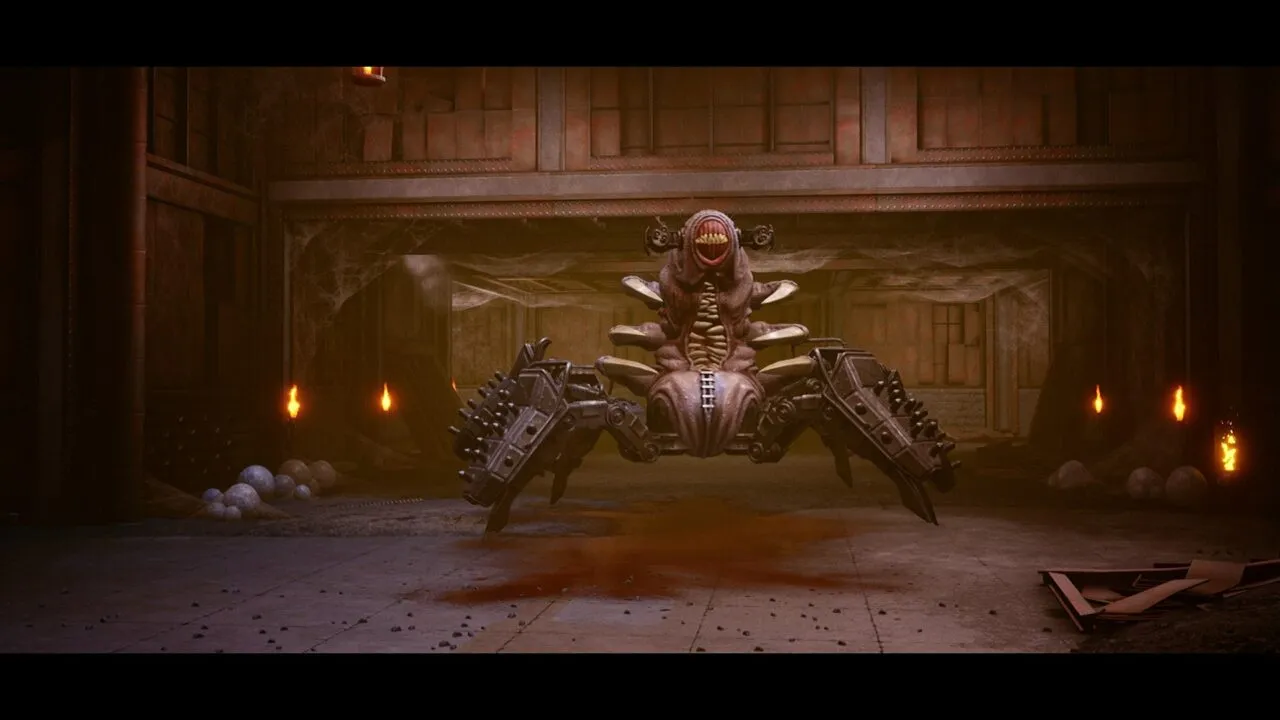 alt text: A screenshot from Scathe showcasing the enemy design and visual effects.
alt text: A screenshot from Scathe showcasing the enemy design and visual effects.
Boss encounters are even more visually detailed. The Chaos tentacle boss features textured skin, visible suckers, and constantly oozing fluids, creating a grotesque and memorable encounter. The Hexenmeister boss showcases intricate details in its attire and body, reminiscent of Lovecraftian cults.
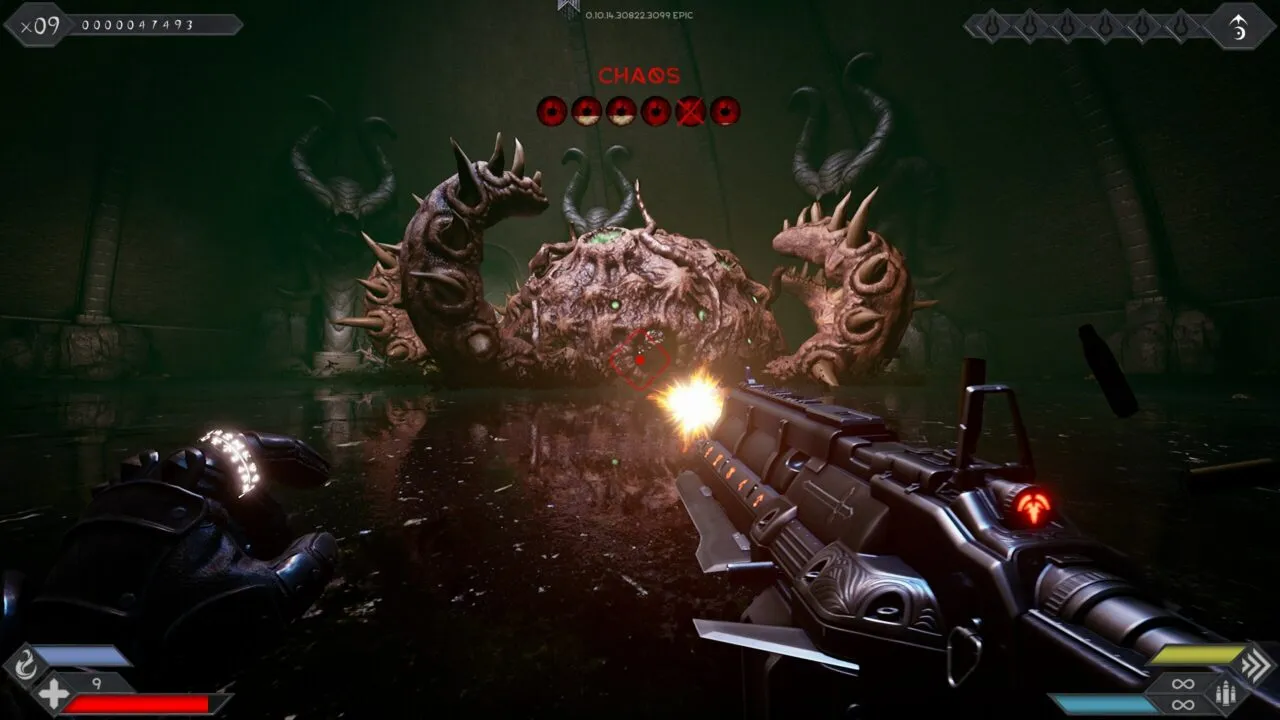 alt text: A screenshot from Scathe showing the Chaos tentacle boss.
alt text: A screenshot from Scathe showing the Chaos tentacle boss.
The weapon and ability design further contribute to the polished experience. While some weapons, like the Assault Rifle, bear a strong resemblance to Doom Eternal‘s arsenal, they retain unique patterns and details. The addition of dark magic spells adds depth to the core gameplay loop, providing tactical options beyond conventional weaponry. This keeps the combat fast-paced, intense, and engaging.
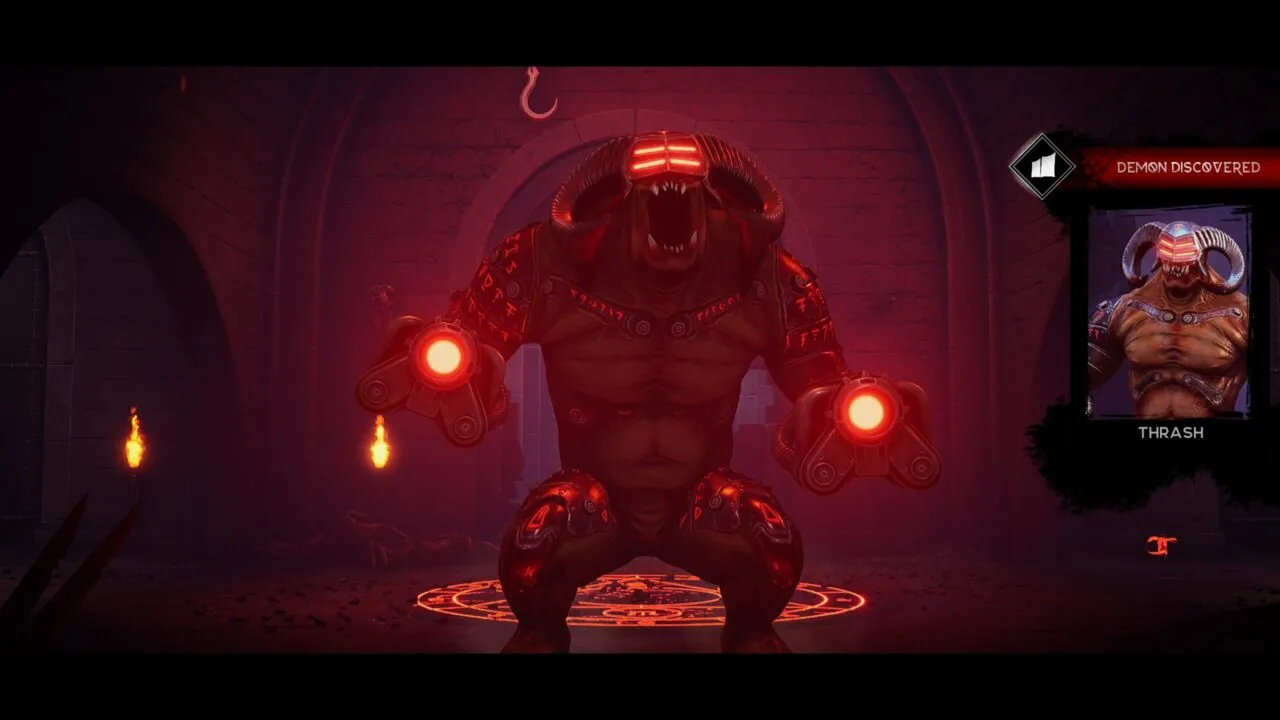 alt text: A screenshot from Scathe demonstrating the weapon and ability design.
alt text: A screenshot from Scathe demonstrating the weapon and ability design.
Scathe‘s audio-visual presentation and core gameplay loop resemble a streamlined Doom Eternal. Enemies, environments, and weapons appear as simplified versions of their Doom Eternal counterparts. However, this simplification doesn’t feel derivative; instead, it emphasizes a focus on efficient and impactful design.
A Repetitive and Meaningless Journey
Unfortunately, Scathe‘s impressive presentation doesn’t translate into a compelling gameplay experience. While polished, the gameplay loop becomes monotonous. Players progress from room to room, clearing out enemies, much like in the recent Doom remakes.
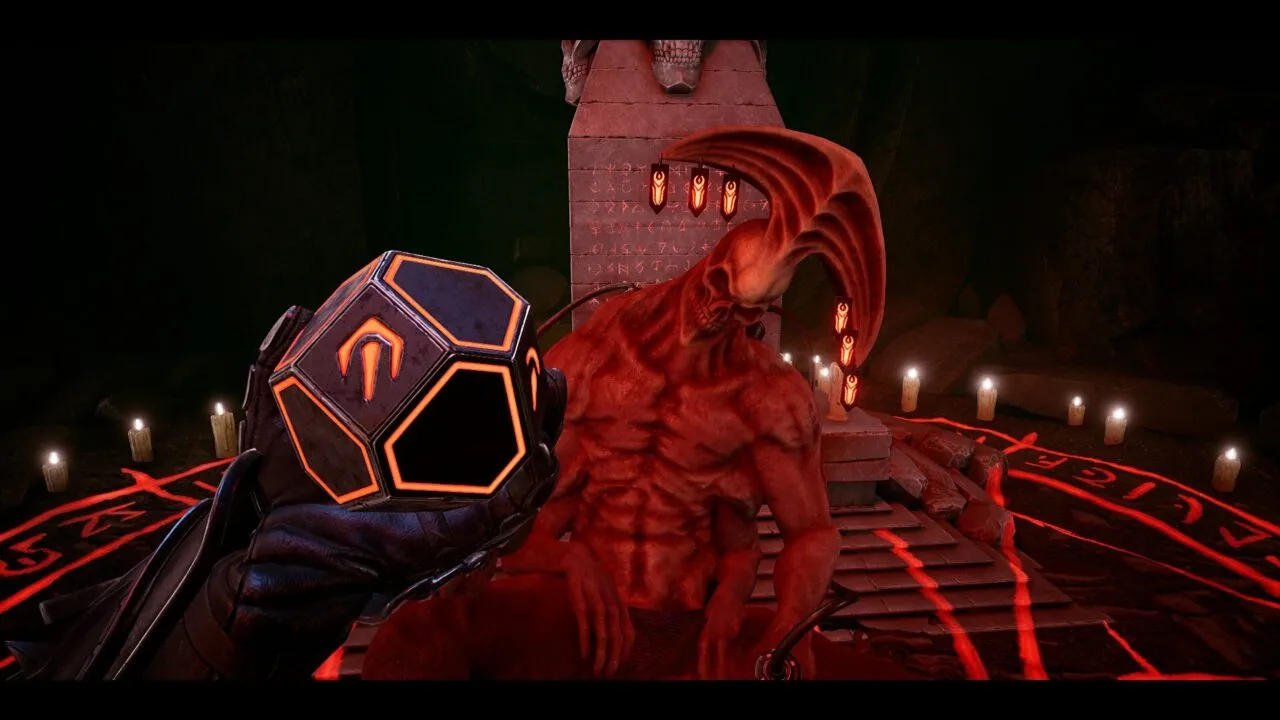 alt text: A screenshot of Scathe demonstrating the repetitive gameplay environment.
alt text: A screenshot of Scathe demonstrating the repetitive gameplay environment.
Scathe‘s rogue-lite approach, with its Deathloop-esque time loop mechanic, hinders the flow of a traditional campaign. The repetitive nature of the arenas becomes apparent as players replay the same sections multiple times after dying.
The developers attempt to introduce variety through puzzle rooms, requiring players to activate levers and find exits. However, these puzzles often feel overly complex, disrupting the pacing of the game. Dying and restarting can lead to spending more time solving puzzles than engaging in combat, significantly impacting the overall experience.
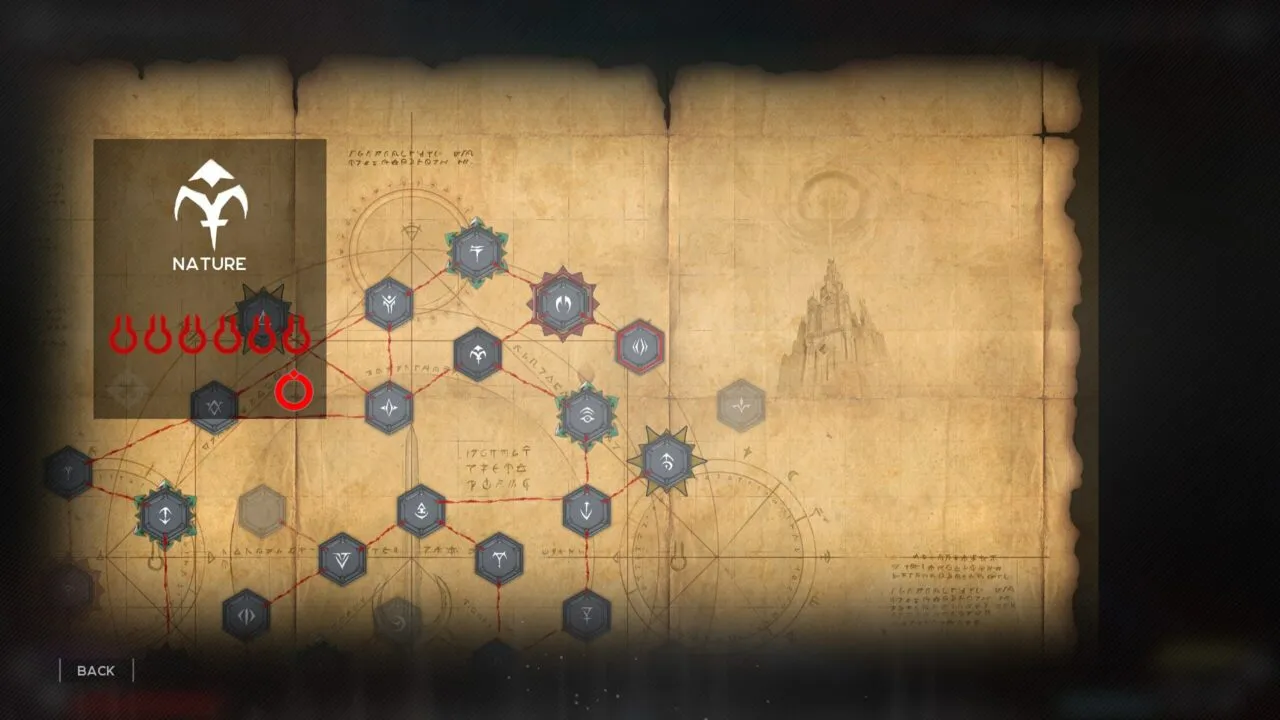 alt text: A screenshot of Scathe illustrating a puzzle room.
alt text: A screenshot of Scathe illustrating a puzzle room.
Furthermore, the narrative and mechanics of Scathe remain unclear throughout the 11-15 hour campaign. Concepts like Great Runes and the Great Evil are frequently mentioned but rarely explained or explored, creating a sense of vagueness and meaninglessness. Ultimately, Scathe falls short of its potential, failing to capitalize on its strong visual presentation and deliver a truly memorable experience.
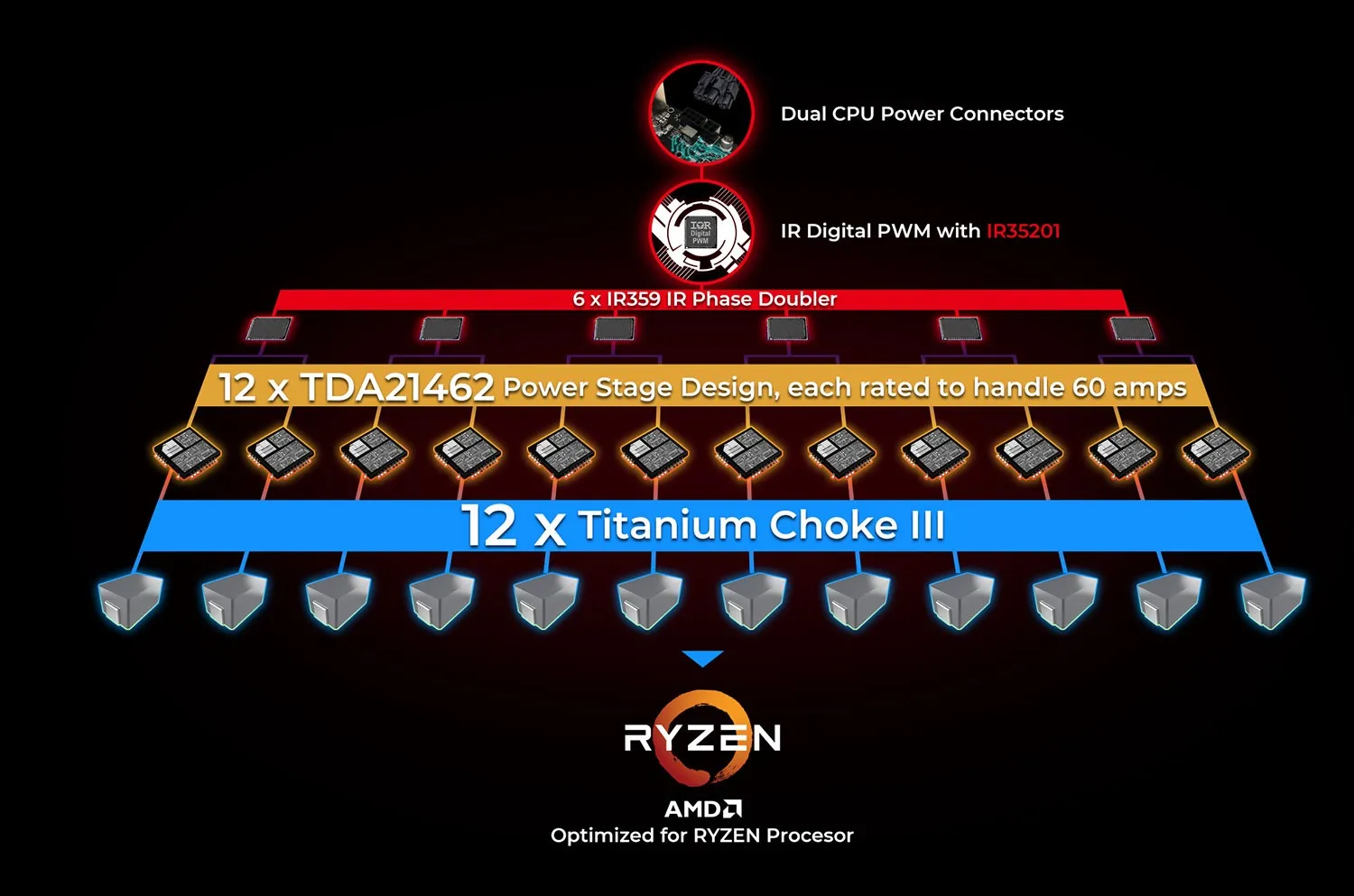
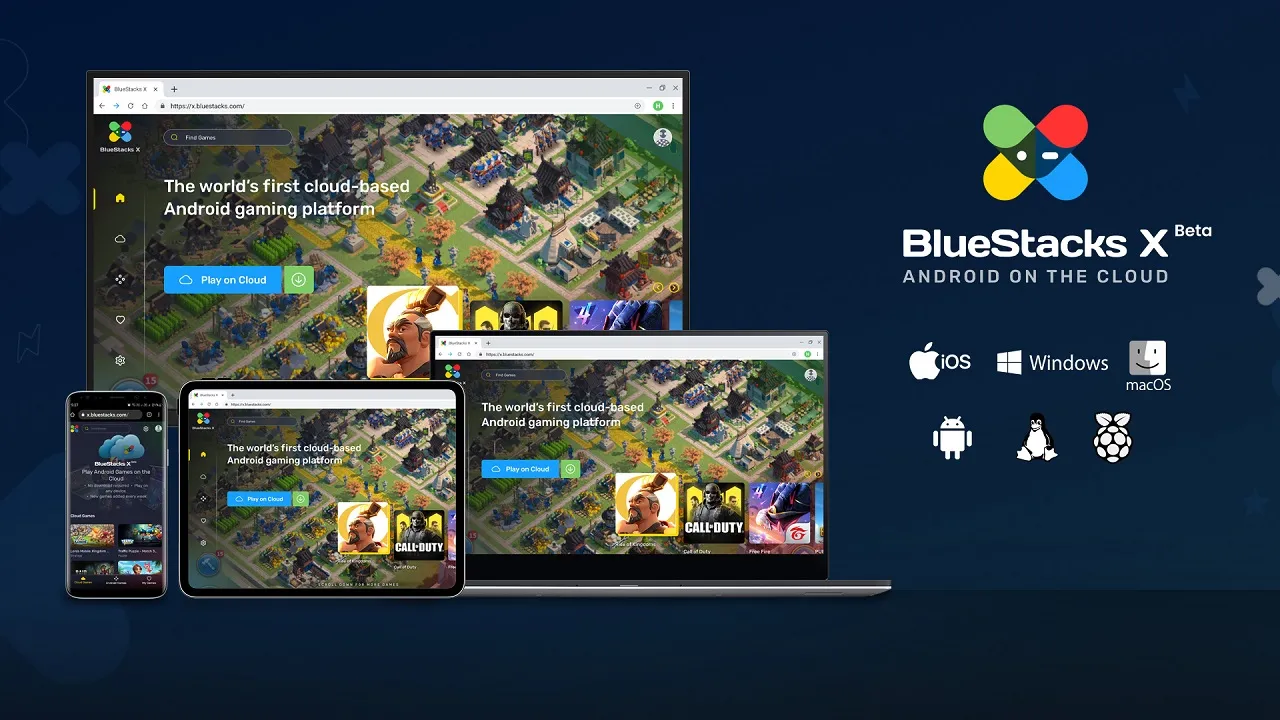
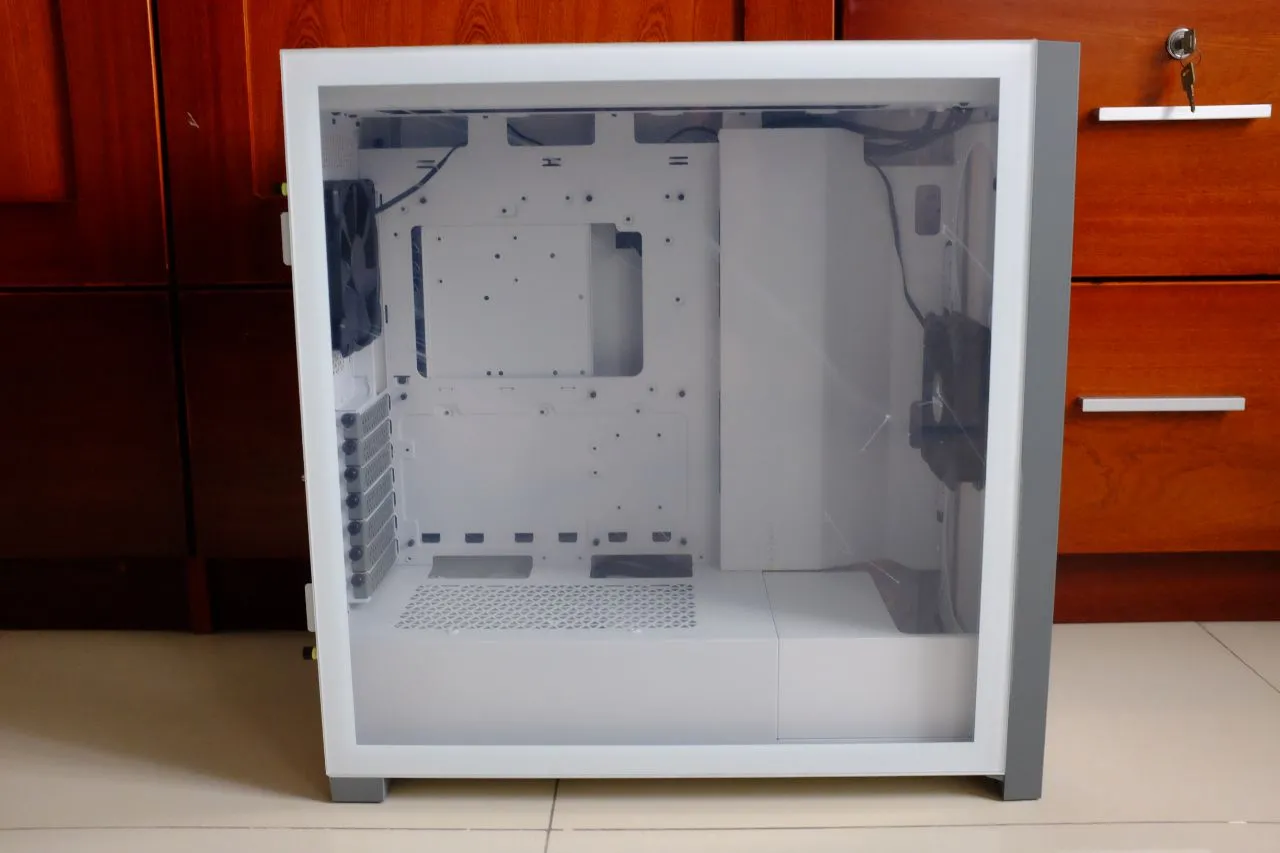
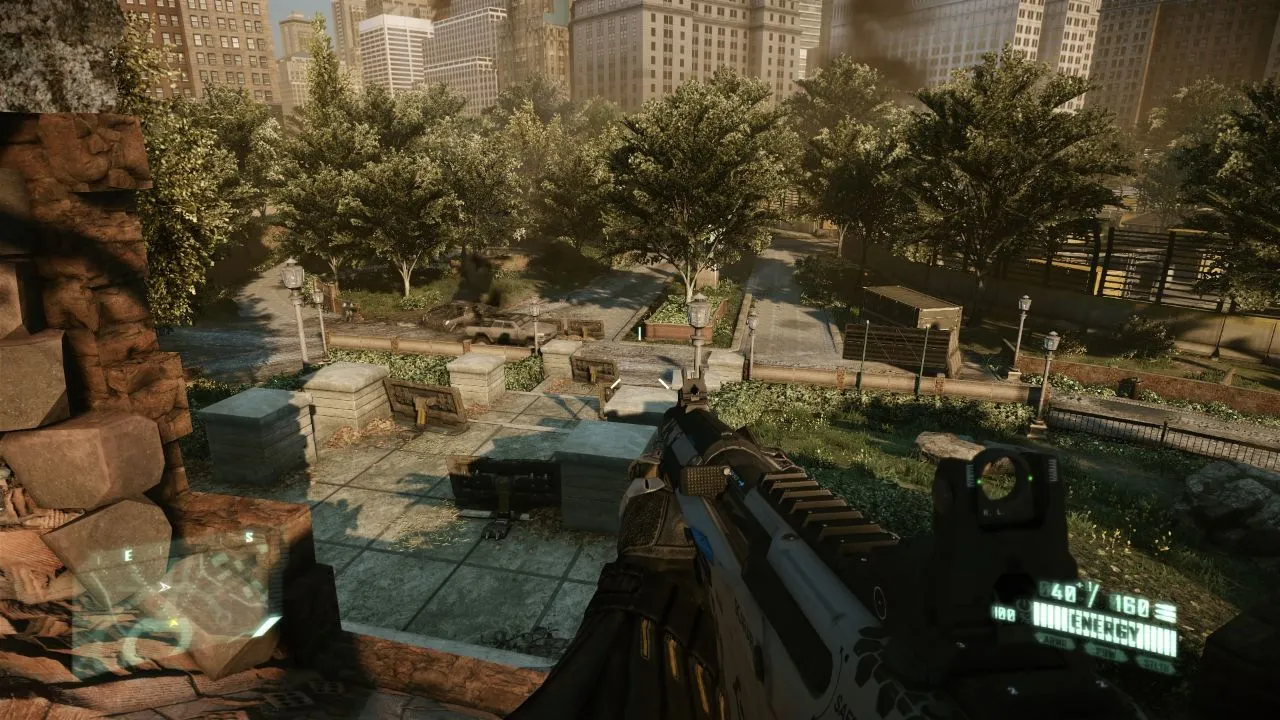
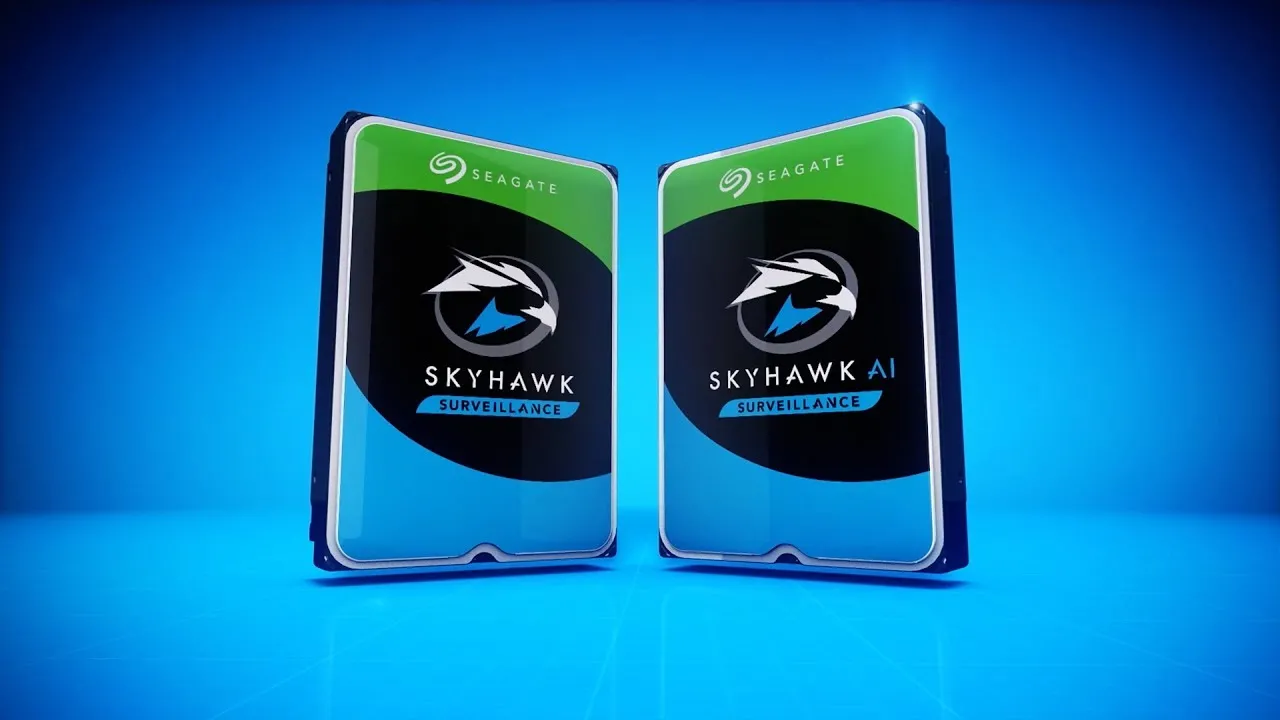
Comments (0)